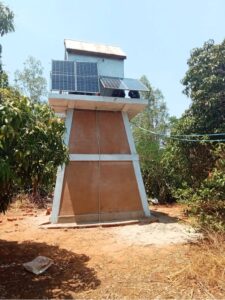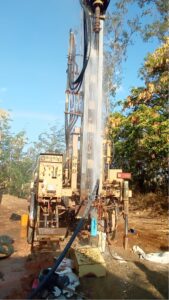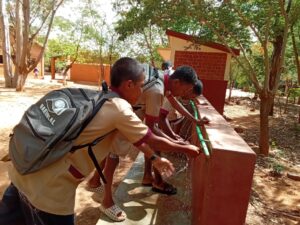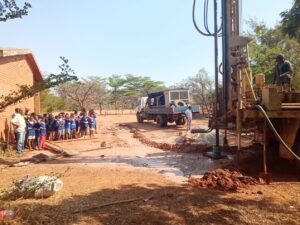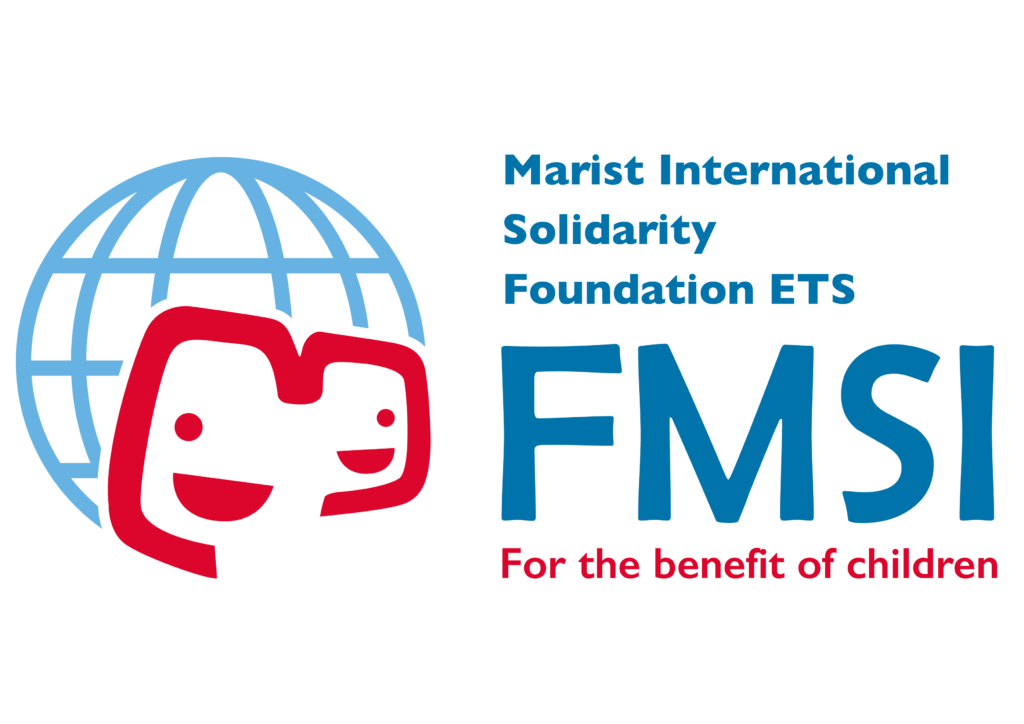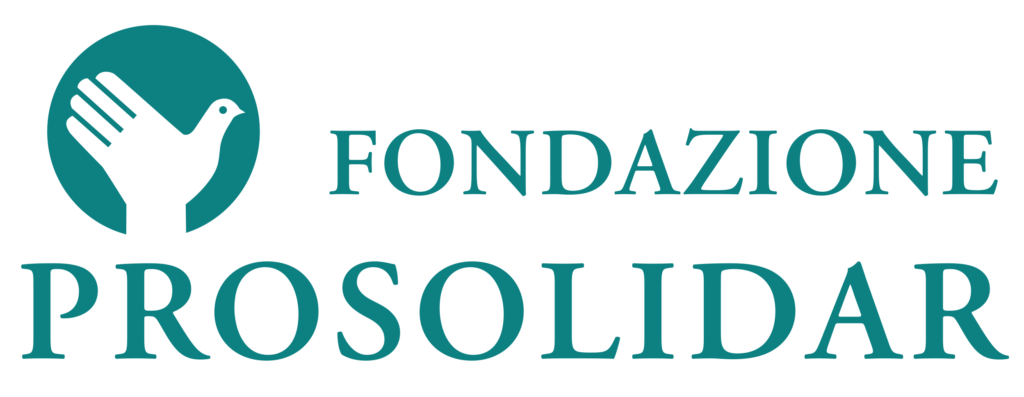Michael and many other children in Betroka have always faced the challenge of obtaining potable water. Every day, before going to school, they are forced to walk long distances to the river to collect drinking water, an activity that not only requires effort but also poses health risks. Throughout the school day and after lessons, accessing safe water sources is practically impossible. Recently, one of Michael’s friends became ill from drinking unsafe water and had to drop out of school.
Betroka, located in the south of Madagascar, has around 210,000 citizens. The southern region of the country is experiencing a severe drought, with precipitation levels significantly below the average. This situation has left over a million people in food insecurity and with limited access to potable water. The lack of access to safe water sources exposes the population, particularly children, to serious diseases such as cholera, typhoid, and hepatitis A, with devastating consequences for health, economic activities, and quality of life.
At the St. Vincent de Paul secondary school in Betroka, the lack of access to potable water has led to high absenteeism and, in some cases, school dropout. Basic hygiene practices, such as handwashing, are difficult to carry out without access to water, increasing the risk of diseases.
The support of the Prosolidar Foundation has made a fundamental change possible for the community. Thanks to this intervention, the construction of a well with a photovoltaic system was financed to ensure access to potable water at the school and in the surrounding community, benefiting a total of 22,000 people. The well’s construction is nearly complete, and this will finally allow Michael, his classmates, and all the residents in the area to access potable water whenever they need it. It is expected that this intervention will significantly reduce the incidence of diseases and water-related mortality, thus improving the living conditions for everyone.
Access to potable water will not only improve the community’s health but also contribute to increasing access to education and reducing medical expenses, allowing families to allocate their resources to other needs, such as nutrition, education, and economic activities. Additionally, the construction of the well ensures equitable and sustainable access to the resource, guaranteeing proper management and protection from potential damage.
We would like to express our sincere gratitude to the Prosolidar Foundation for its commitment and for making this fundamental change possible for the Betroka community. Their support has had a direct impact on the lives of thousands of people, improving their health and development opportunities.
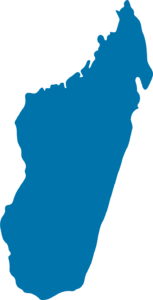
project in numbers
22.000
Direct beneficiaries
1
New well constructed
210.000
Betroka citizens
